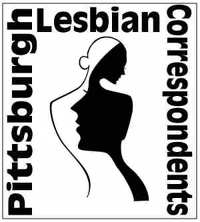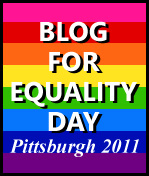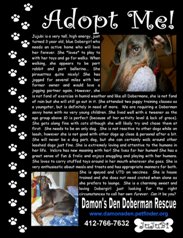We usually have this conversation after PrideFest.
After reading the local media coverage on the parade and the festival, coverage which usually includes at least one visual image of a drag queen and a throwaway reference to a scantily clad man in leather. People start grumbling about the way we are portrayed in the media wondering about the absence of "normal" looking homosexual images. But rather than stop at a diaologue about the media, we fall headlong into our own internalized homophobia to complain about the presence of individuals who are not normal. Or more not normal than the rest of us. Or don't pass for normal. Or something like that.
Its a predictable as the rain.
A different twist on that same discussion involves the queer/gay dynamic. As young members of the community come into their own, they are bringing their queer identities with them. And their queer sensibilities as well. They are looking for something more from PrideFest than perhaps the gay community has been able to provide.
Frankly, I like PrideFest the way it is but I can definitely see areas for growth. I enjoy wandering around booths and talking to vendors. I appreciate their support in attending the event, especially the service providers. I like some of the homespun entertainment. I'm perfectly content to grab some food, flop down on the hill and be entertained for a few hours with all the hokiness that comes from a community festival. It recharges my batteries to just be gay in a sea of homosexuals.
I'd like to see more political speakers, not just politicians. I'd like to see edgier talent, especially tapping into the emerging queer performance collectives. And I'd like to see the vendors grow and grow because economic might translates into social power.
As always, sides will coalesce on these dialogues. The people who work very hard to put together PrideFest will rightly point out that the committee is open to any interested person and that PrideFest is defined by those who organize it. The people who voice discontent will rightly point out that PrideFest doesn't belong to any one organization, it is bigger than the institutions which manage it and its fair to expect it to represent the true scope of Pittsburgh's LGBT community.
The age-old debates about sponsorships, holding the event on Father's Day weekend, supporting local LGBT stores versus bringing in new vendors and so forth will continue forever.
My hope is that the dialogues continue as well. That as the young gay generation grows from organizing Girlcotts to PrideFests, we find an infusion of queer energy that rejuvenates all of us.





